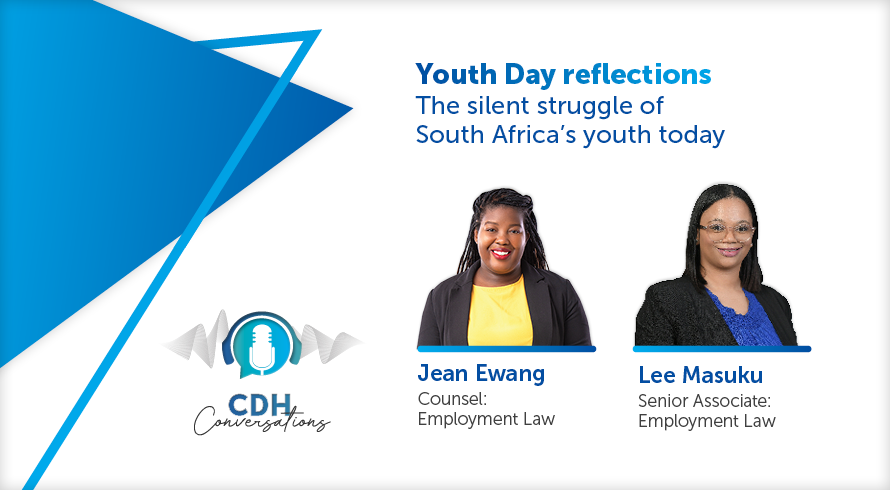Mondi granted access to information used by the Commission to initiate complaint
On 12 November 2014, the North Gauteng High Court issued its reasons in respect of the interlocutory application brought by Mondi Limited (Mondi) against the Competition Commission. Mondi requested the Court to order the Commission to provide the Registrar of the Court with the record in respect of the Commission's decision to initiate a complaint against Mondi and SAPPI Southern Africa Limited.
The Commission initiated a complaint against Mondi based on information it obtained from mergers involving the pulp and paper industry and a, subsequent, scoping exercise undertaken by the Commission. Mondi, consequently, applied to obtain access to the reasons for the Commission's decision to initiate an investigation in order to determine whether the initiation was done lawfully and reasonably in accordance with the law and developed case law in this regard.
It is accepted in our law that the Commission may initiate an investigation where the Commission is "at the very least in possession of information concerning an alleged practice which, objectively speaking, could give rise to a reasonable suspicion of the existence of a prohibited practice." It is further accepted that the Commission may only exercise its investigatory powers based on an initiated investigation and not for purposes of a fishing expedition.
The Commission argued that the existing case law did not concern the validity of the initiation of a complaint, but rather the summons and that the validity of initiation of a complaint cannot be challenged. The Commission stated that to do so would "plunge the activities of the Commission into disarray as suspect firms will do everything in their power, like in the present case, not to be investigated for contravention of the Act."
The Court noted that the initiation of a complaint by the Commission is not absolved from scrutiny and that legality and rationality must be satisfied. The Court stated that "if there are no facts before the Commission justifying such initiation based on reasonable suspicion, the initiation and subsequent investigation will be unlawful and challengeable."
The Court took into account the information available to the Commission (and on which the Commission based its decision to refer the investigation) and was not able to conclude that the Commission had no legal basis for initiating the complaint, as the Commission had in its possession information that would justify a reasonable suspicion of prohibited practices taking place. This was, however, not the Court's final determination in the case.
The Court further considered the Commission's argument that the information forming part of the record of its reasons for initiation of the complaint was confidential and could not be disclosed. The Court noted that the Competition Act, No 89 of 1998 (Act) makes provision for challenging the confidentiality of the information (claimed as such in terms of the provisions of the Act) before the Competition Tribunal and that such an approach may have been beneficial. Nevertheless, the Court found that the provisions of the Act relating to claiming information as confidential were not complied with and there was, accordingly, no valid claim for confidentiality.
Ultimately, the Court found that Mondi should have access to the information relied on by the Commission to make a decision to initiate the complaint as "[t]he Commission is challenged on the basis that it has no reasonable suspicion that Mondi has committed any of the prohibited practices. As this is a requirement for the initiation of a complaint, Mondi should therefore be entitled to the disclosure of the information or documents upon which the initiation is based" and in the absence of the legislated procedures for confidentiality to be claimed in terms of the Act, the Commission "has only itself to blame as it failed to furnish sufficient information in making a claim of confidentiality".
The Commission has indicated that it views this decision as significant and that it will appeal the decision to the Supreme Court of Appeal.
The information and material published on this website is provided for general purposes only and does not constitute legal advice. We make every effort to ensure that the content is updated regularly and to offer the most current and accurate information. Please consult one of our lawyers on any specific legal problem or matter. We accept no responsibility for any loss or damage, whether direct or consequential, which may arise from reliance on the information contained in these pages. Please refer to our full terms and conditions. Copyright © 2026 Cliffe Dekker Hofmeyr. All rights reserved. For permission to reproduce an article or publication, please contact us cliffedekkerhofmeyr@cdhlegal.com.
Subscribe
We support our clients’ strategic and operational needs by offering innovative, integrated and high quality thought leadership. To stay up to date on the latest legal developments that may potentially impact your business, subscribe to our alerts, seminar and webinar invitations.
Subscribe




